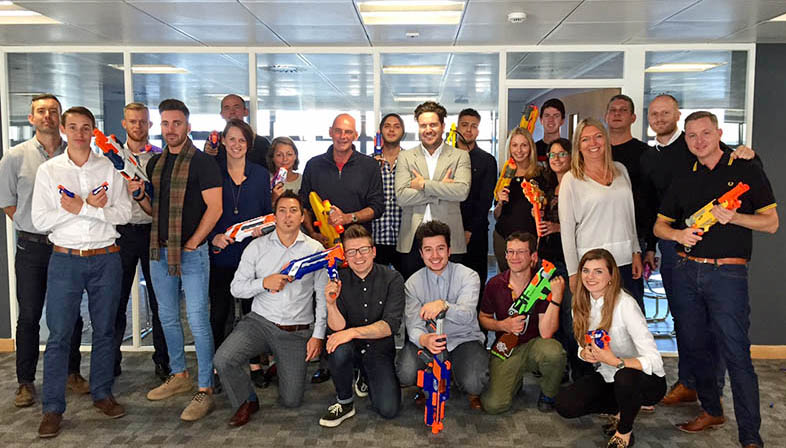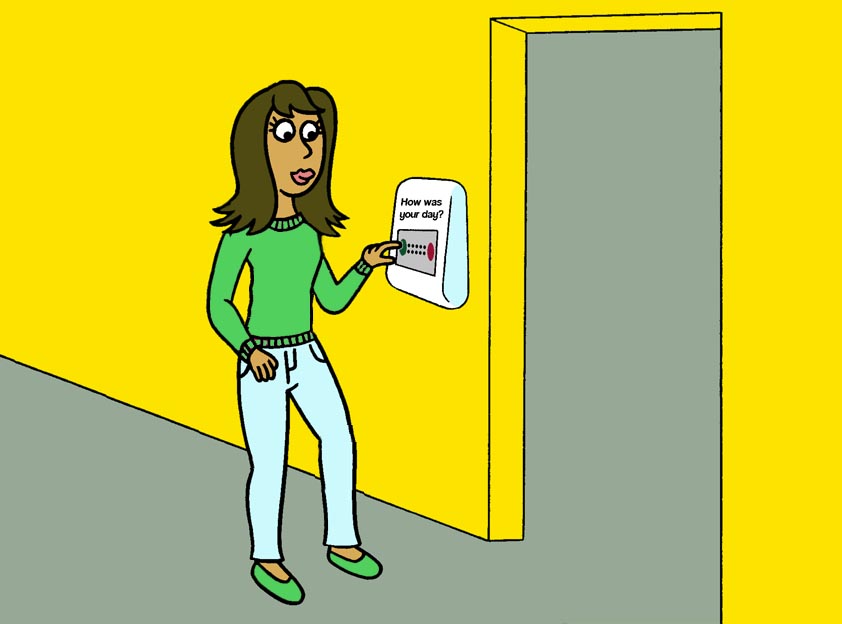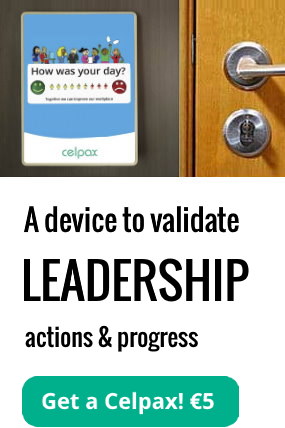Inside the Dyn company culture
Dyn: Inside the Company Culture
If you were happy with your company culture and opened your first overseas office… would you try to mirror your culture and values across the globe? Of course.
But, what if the new team don’t recognise themselves in your mirror?
Here’s how Dyn continue to approach their global identity.
I recently had a chat with a lovely bunch over at Dyn, EMEA Business Operations Manager Bryony Saunders, CEO & Co-founder Jeremy Hitchcock and Managing Director Paul Heywood to learn more about their award-winning company culture.
Dyn is a fast-growing Internet Performance company. Here’s their approach to developing local company cultures that live in harmony with their US headquarter:
It was in 2011 that Dyn launched a UK office to better support its rapidly expanding global customer base.
Paul Heywood, Managing Director & Vice President EMEA, is first up to review how Dyn EMEA has evolved from those early days.
Hang on; we need our own version of the Dyn culture
Paul: In the early days we had great support from our US head office, there was a desire to mirror the culture and benefits to every Dyn employee regardless of their location. Flights to the US were a regular feature on any EMEA employee’s schedule. It was essential that employees got a sense of what the Dyn culture was all about.
Seeing the positive impact of a strong culture meant that the regional teams would evolve to realising that we needed our own version of Dyn’s culture. This meant embracing regional cultures, personalities and being a bigger part of our local community here in Brighton.
This had its challenges. We had to create a level of confidence at head office to embrace the intentional differences and change. We also had to have conversations with the local teams to say things like “actually, let’s not fly over to the US Christmas party, let’s have our own!” Thankfully, people on both sides of the Atlantic ultimately embraced this as a sign of our progress and momentum.
Bryony Sanders, Business Operations Manager Dyn UK: When I first arrived as Office Manager in 2012, culture was very focused on what was coming over from the US. English people are slightly different from Americans though. I learned a lot from our Head of Culture at the time, Chris Widner, who fed me lots of ideas to try out. Being empowered to just ‘give it a go’ in those early days was key.
Bowling? We wouldn’t bowl… we’d go the pub!
Bryony: I had to tell Chris that “this and that isn’t gonna work”. People here don’t want to get up on a stage, they often struggle with a public pat on the back; I realised we had to Anglicise the culture.
It’s about the little things. For example, in the US you’d go bowling but we wouldn’t bowl… we go out to eat and drink. It was important to focus on the subtle differences and be open and honest with feedback.
Jeremy Hitchcock, group CEO and co-founder: It’s about getting people together, it’s important they interact within a culture centered on personal and professional respect. If you work at Dyn and write code or give technical support, it doesn’t require much team interaction, so getting together is important, whether that’s out at a restaurant, in the local pub or playing team games.
Don’t overdo it
Paul: My thoughts on company culture are that it’s great to have a set of common values but if you try to be overly descriptive it doesn’t work. I believe in setting initiatives and exploring how we can best support and facilitate our culture.
I don’t want to take over or overdo it. It needs to be a natural thing.
A flat company? No, we’re not!
Paul: We have a tribal leadership style and people are very receptive of it. We have a sense of pride in creating our own identity.
What interests me is that our employees say we have a really flat organisational structure. We actually don’t! It’s a very traditional pyramid but people don’t see it that way. What we do have is a flat communication structure.
We’ve got lots of things in place like benefits programs, Thirsty Thursday, Sandwich Tuesday where we have lunch together, pool table, play station, a beer keg (and a beer keg committee!), gym membership, ladies night, bike rides, charity work, educational and degree programs.
Bryony for example, took an interest in Human Resources so we supported her in her CIPD certification. This wasn’t about Dyn steering Bryony down the road of a career in Human Resources but about supporting her learning and development on an individual level.
And this is a funny one… there’s a lot of traditional companies getting a lot of press for offering unlimited PTO (paid time off). We’ve had that since inception and it’s not rocket science or new but it really does work.
I have never seen a leave request denied within the EMEA office.
Evolving our company culture
Paul: We believe in being a democratic workplace, especially as we get bigger. We’re planning for future Town Hall meetings here at Dyn, and we will keep putting things up for a vote.
Bryony even recently bought 50 table tennis paddles to vote with!
We’re adding a letterbox for suggestions next to our Celpax, the device to improve employee mood. I took this idea from the recent case study Celpax did with clients DEK.
We plan to vote on initiatives like Thirsty Thursday for example. Do we take the whole company out to a local venue, do we make it compulsory for people to ‘down tools’ at a certain time.
Where are the points of balance?
And, take Sandwich Tuesday where the whole company gets together once a week for lunch. Are we too big for this now? How can we evolve it?
We’re constantly thinking about how we get together and how to maintain the feedback loop as we grow.
No report, no discussion
Paul: People at Dyn do things organically because they want to. Recently a group of employees set up a charity cycling race. I have no personal attraction to cycling but we support the team.
We have no issues supporting event meetings during working hours and we even had Dyn branded cycling jerseys made for the team.
Maybe one day we will see a Dyn team competing in the Tour De France!
Sometimes the company’s position can be as simple as picking up the tab; it doesn’t have to be more than that. No report, no discussion.
The recent addition of our Celpax device measures employee mood at the exit door. We press a green or red button as we leave.
I believe that with 44 people it’s not that difficult to get to a 100% green Employee Mood KPI. As we scale to 70, 100 and 150 employees, that’s when things get tricky.
How do we maintain core values and allow our culture to organically develop?
Hey, why is our company culture being measured?
Paul: I mentioned we have tribal culture right? Here’s the thing: when we first installed the Celpax device we had plenty of resistance.
It was a headquarter initiative and people felt like our culture was being measured and wondered WHY? It resulted in comments like “if I’m pissed off and press the red button, what does that mean? Am I betraying my team? I don’t want people to see my team negatively”.
In times of challenge, tribal teams come together as a family. This was one of those moments.
When we discussed it we agreed it’s OK to have a bad day, so we quickly got familiar with it and things normalised.
At Celpax we estimate that < 3% are able to maintain a Mood KPI above 90%. Dyn EMEA is currently at 99%!
You must be an expert in company culture right?
Jeremy: I’m a Dyn employee too so I think about what it’s like to work here. When you grow quickly you have to be thoughtful about how your organisation changes. We choose to work here.
We’re in the tech business and we could all work somewhere else.
As you grow you have to adapt your strategy. What we ask of our workforce changes.
That’s why it’s important to have the right communication in place. What are we here for? Ask questions. Challenge.
Employees will be in situations where “Last Friday I had to do this and on Monday I have to do this other thing”. If they buy into the mission and always have it in the back of their head, it helps.
We recently opened our Australia and Singapore offices. Even if you have experience and hire people who’ve done it before… It’s still the people that define the organisation.
Strategies that work in one region might not work well in another.
It’s ironic because people always assume that just because I led Dyn to its position today, I must be an expert in culture. Recently, I was talking about change management at a Lunch & Learn.
I met a CEO who has successfully scaled and sold several companies and I thought to myself… “I should be asking you for advice here!”
A reconfirmation that we’re doing something right, Building Trust
Jeremy: When you have a high level of trust and flexibility throughout an organisation you can have mature conversations like “Hey, I shouldn’t be doing this” or “I’m not good at this”.
In many organisations, this may feel like admitting failure but we want our people to think about their role at Dyn.
It takes courage to be open and honest with an employer but at Dyn we encourage honesty and actively foster a two-way dialogue.
Ultimately, we want people to work in roles that play to their strengths.
How we get through the not so good times
Bryony: I started work at Dyn EMEA as employee number 16. As we’ve grown over the years I’ve always had my ears to the ground. It’s easy to understand what people like and you see what works well and what doesn’t.
You just need to be in with the team, stick with them and listen to them.
Claire Marshall, EMEA Marketing Manager fills in:
Claire: You’ve been instrumental in creating a democratic workplace Bryony, and you did great work with the new UK office.
Bryony: Yeah, we really needed to move. We grew so much that we had to move people to meeting rooms whilst we negotiated leases and planned fit out for our new home! Everyone was getting edgy in eager anticipation of the move.
I was honest and told them “Look, this sucks right now but we’ve got good stuff coming!”
During the move, we arranged visits to the new office to build excitement. It was important to communicate openly to the team, after all it was our collective success that led to the point where we had to look to double our workspace.
I involved everyone in naming the new meeting rooms and put the vote out. We went with a beer theme funnily enough, taking the names of the beers that had been on tap in the office.
Being honest about set backs and focusing on where we are going is how we get through the challenges.
Paul: Because we created a great team you can use periods of challenge in a very good way. Our challenge comes from scaling. Bryony has the pulse of our employees and an understanding of what is going on.
It was a totally natural thing for her to proactively unite the team throughout the move to our new offices.
You cannot just turn leadership on and off, earning the respect of your team is something you have to continue to work on everyday.
I’m not sure how we do it, but it works!
Paul: We have a great company culture at Dyn. I’m not sure how we do it, but it works. It’s OK not to know exactly how you achieve it.
To pre-plan around the human condition is a dangerous game to play; manipulating human behavior isn’t the role of companies.
If you meet someone who’s passionate and thoughtful, it’s difficult not to be inspired and we’re fortunate enough to have a team that combine both.
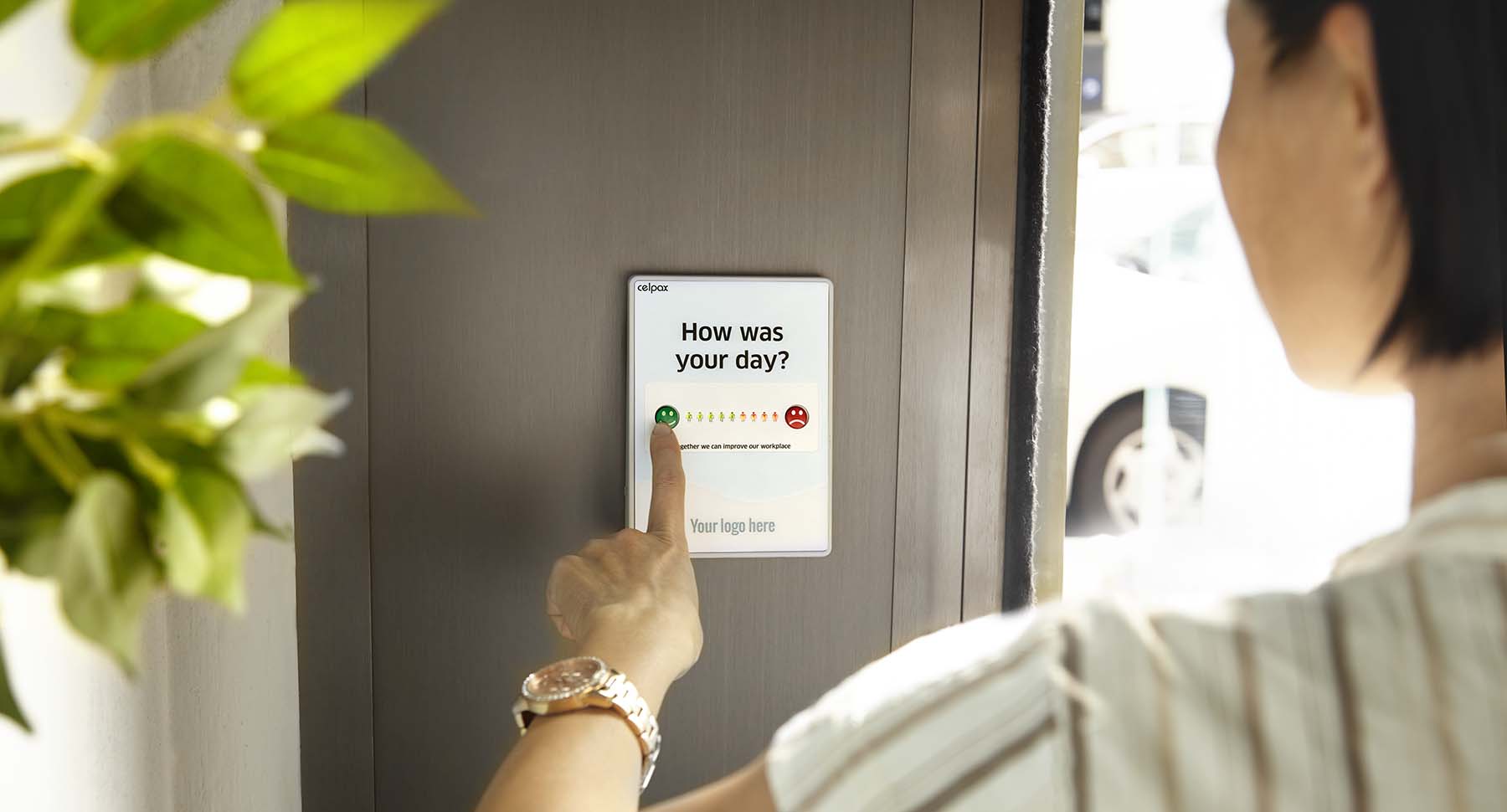
Growing?
Need to improve your company culture?
Join Dyn and leaders from 60 countries and measure the impact of your leadership actions. #culturefirst
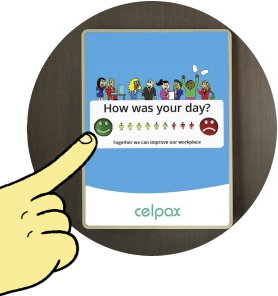
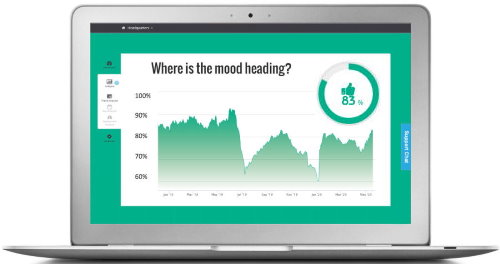
 Hej! I’m Rebecca, an accidental analytics enthusiast, co-owner at Celpax, and convinced that a great workplace is everyone’s job. I might appear in our chat, or say aloha on twitter?
Hej! I’m Rebecca, an accidental analytics enthusiast, co-owner at Celpax, and convinced that a great workplace is everyone’s job. I might appear in our chat, or say aloha on twitter?
Similar interests
- Non Gamstop Casinos UK
- Slot Sites UK
- New Betting Sites UK
- Casinos Not On Gamstop
- Gambling Sites Not On Gamstop
- Casino Non Aams Sicuri
- UK Online Casinos Not On Gamstop
- Gambling Sites Not On Gamstop
- Sites Not On Gamstop
- Sites Not On Gamstop
- Non Gamstop Casino Sites UK
- Best Online Casino Canada
- UK Casino Not On Gamstop
- Non Gamstop Casinos
- Casinos Not On Gamstop
- Siti Scommesse
- Top Casino Sites UK
- Slots Not On Gamstop
- Casino En Ligne Meilleur Site
- Casinos Not On Gamstop
- Betting Sites UK
- Slots Not On Gamstop
- UK Casino Not On Gamstop
- Migliori Casino Online Non Aams
- Non Gamstop Casino UK
- Lista Casino Online Non Aams
- Meilleur Casino En Ligne
- Best Crypto Casino
- Casino En Ligne
- Casino Online
- Casino En Ligne France
- Paris Sportif Ufc
- Casino Jeux En Ligne
- Meilleur Casino En Ligne
- Bonus Free Spin Senza Deposito
- Casinò Non Aams Con Free Spin Senza Deposito
- Nuovi Casino Non Aams
- Migliori Casino Online
- Crypto Casino
- Casino Non Aams
